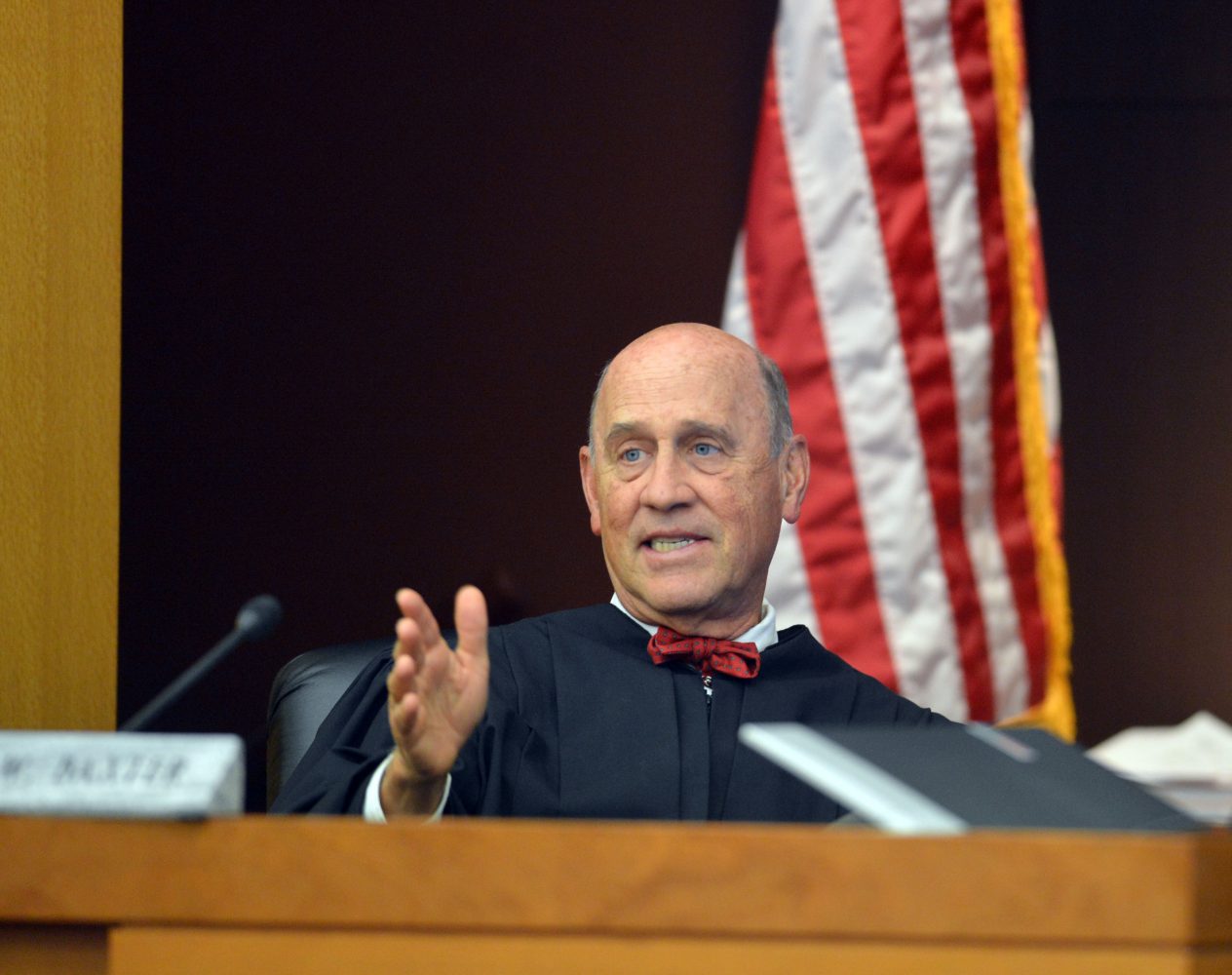 While we rested over the summer, the defense lawyers in the APS cheating scandal case worked tirelessly to disarm the prosecution’s case against their clients. The prosecutors are required to disclose all their evidence to the defense, so the defense has been combing through everything for any loopholes that might exonerate their clients.
While we rested over the summer, the defense lawyers in the APS cheating scandal case worked tirelessly to disarm the prosecution’s case against their clients. The prosecutors are required to disclose all their evidence to the defense, so the defense has been combing through everything for any loopholes that might exonerate their clients.
Only one trial has begun because a specific defendant, Tamara Cotman, requested that her trial start by a certain date so that the prosecution would have less time to gather evidence. Cotman was acquitted on Sept. 6 of influencing a witness, but will still be tried for racketeering.
The other defendants filed their first set of motions in June, one of which is called a Garrity motion. This involves the defense claiming that the evidence acquired by the prosecutors to indict the APS officials was gathered unjustly. The defense asserted that the prosecutors violated the defendants’ First Amendment rights by not Mirandizing them prior to questioning and by threatening that they would lose their jobs if they did not cooperate. This motion was denied by the trial judge.
After the ruling, Beverly Hall’s attorney appealed to the Georgia Supreme Court. The remaining 33 defendants chose, instead, to appeal to the Georgia Court of Appeals. The Supreme Court denied Hall’s appeal, while the Court of Appeals forwarded the other defendants’ appeals to the Supreme Court.
If the court grants the 33 other defendants the right to appeal, they will begin the long process of having the trial court’s decision on the Garrity motion reviewed. This review could take up to a year. If the ruling is overturned, the cases will be dismissed. But this would not necessarily be the end for the defendants. The prosecutors would be able to gather more evidence to re-indict the officials, and the process might start all over again. If the Court of Appeals affirms the trial court’s decision, these defendants would proceed to trial sooner, along with Hall.




